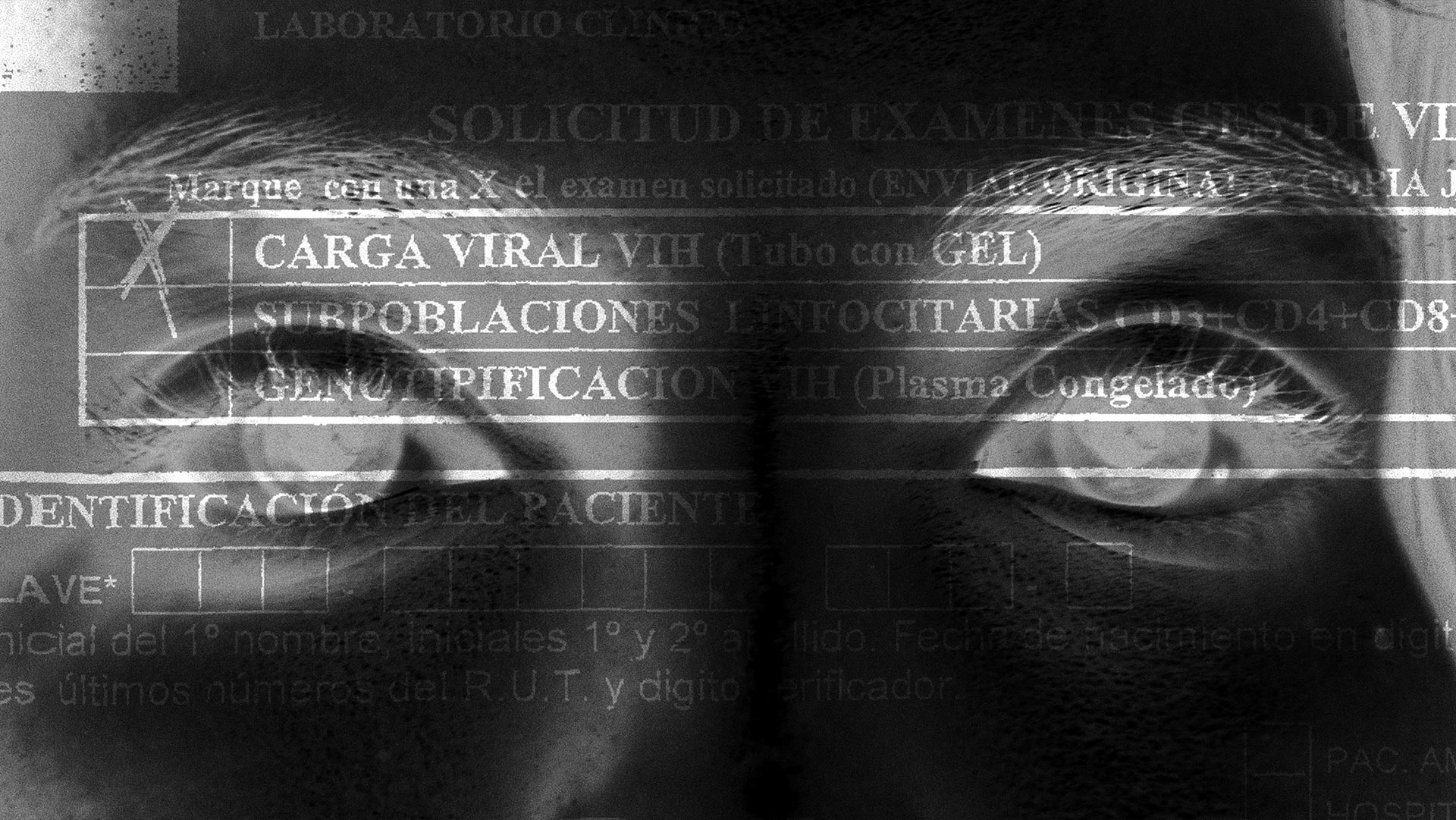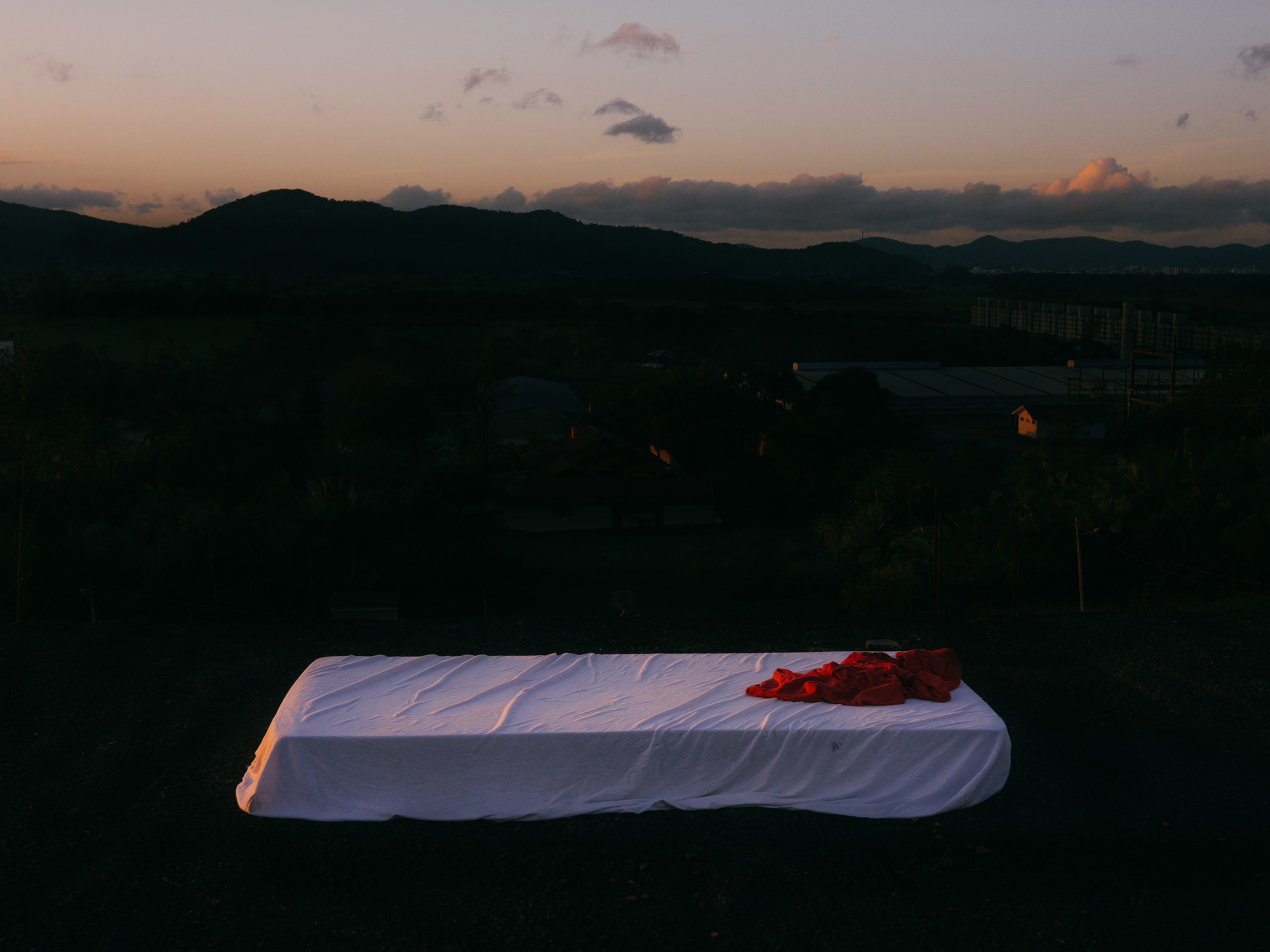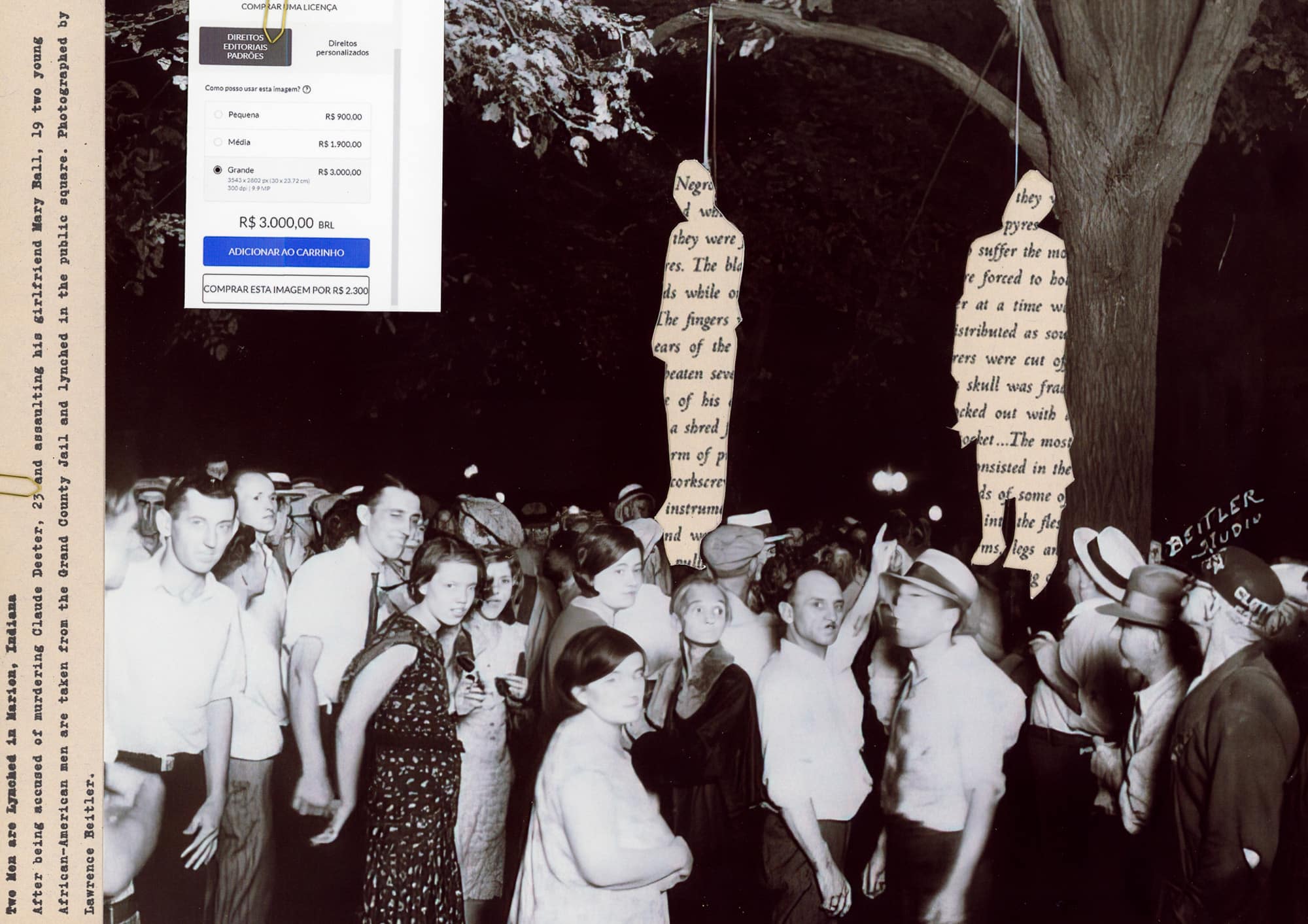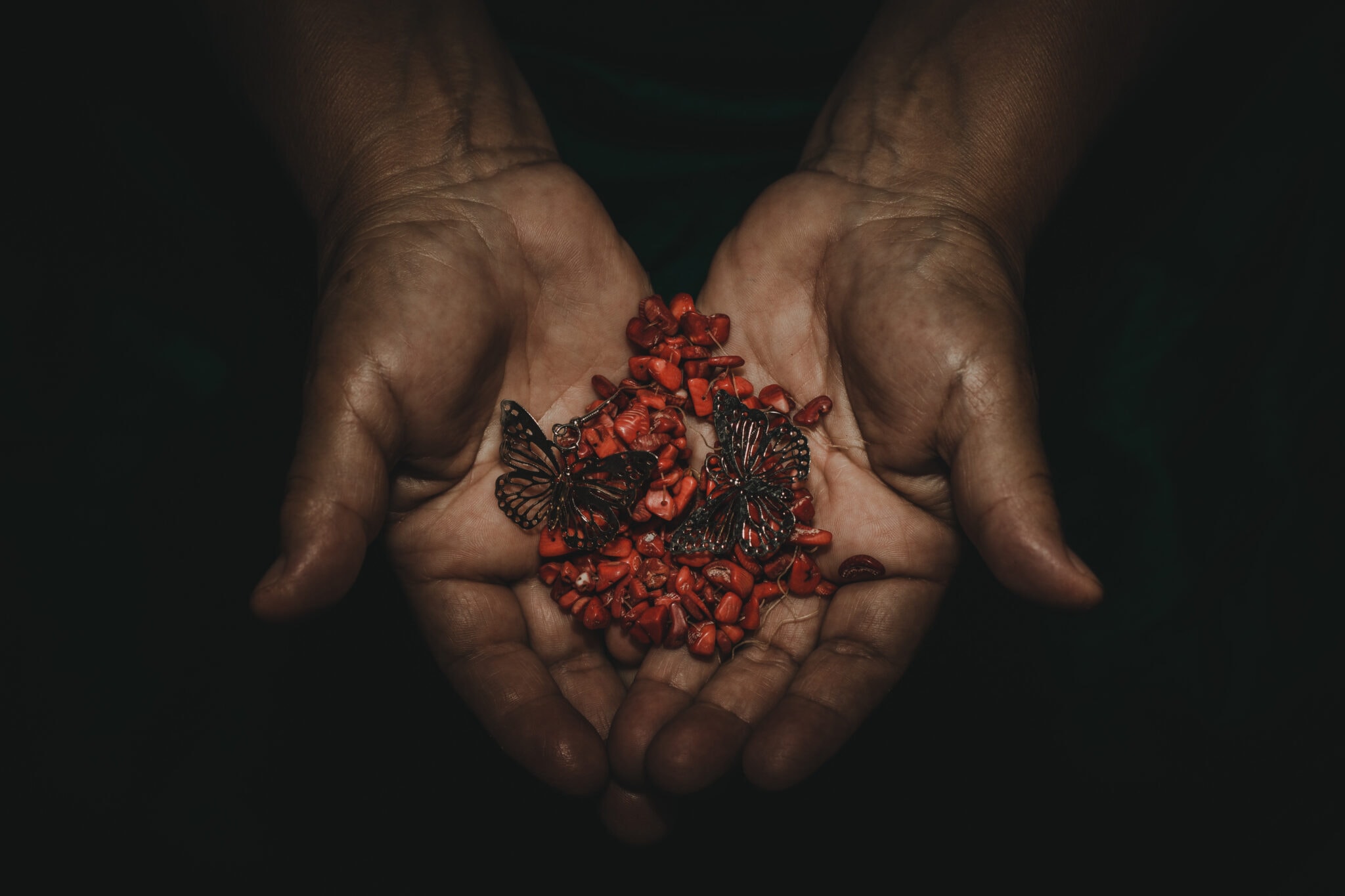
In the body of another: photographs to fill absences
Mariceu Erthal is traveling in Cuba. She sleeps in a family home. “I came looking to fill a void, they welcomed me to fill theirs,” she writes. The daughter of the couple that hosts her is traveling and Mariceu comes up with trying on the dress she wore to celebrate her 15th birthday. Suddenly, the dress looks like one she once wanted to have. She remembers when she asked her mother, a seamstress, to make it for her. And also that day when she put it on and went from being an introverted child to be the focus of attention. The project that comes out of there is called Iriana and, as also happens with Gemma or Saudade, for Mariceu it is all part of the same search, individual and collective, photographed and narrated.
Mariceu Erthal – Letters to Gemma
Daughter of a Brazilian man and a woman from southern Mexico, Mariceu also writes. Once a friend of hers said to her: “If I have to put it into words, it won’t do me any good.” But she thinks the opposite: “there are things that the photo allows me to express and others that words allow me”.
She wrote this letter to Gemma, a missing young woman:
“Hoy caminé por tu puerta, la que permanece abierta esperando a que tú entres sonriendo, como si hubiera pasado cualquier cosa, un retraso en el autobús, un encuentro con alguna amiga, o solo perdiste la noción del tiempo leyendo algún libro, como te gustaba hacer. Como si estos años no hubieran carcomido las paredes y apagado todas las luces de la casa. Pero hoy, solo llegue llegué yo.
Tenías mi edad cuando te destruyeron los sueños, y desde que escuché tu historia, tengo miedo de que alguien mate los míos, y si hoy desaparezco, al conocer tu historia leerían la mía, porque habité tus espacios, reconocí y abracé la mirada cansada de tus padres y lloré tu historia interrumpida.”
Mariceu Erthal – Letters to Gemma
How did you get to Gemma?
I knew that I wanted to talk about violence issues in Mexico from different perspectives. I wanted to document the rooms of missing women because it is like an act of resistance. Parents looking for their missing children keep intact bedrooms, saying “I’m waiting for you.” It is like hope. My idea was to document this with different cases.
Mariceu Erthal – Letters to Gemma
A friend from Veracruz gave me the contact of a group of parents who are looking for their children. I was looking for women about my age, my idea was to connect, to identify myself. One day the director wrote to me and she told me about this case, in which the father moved heaven, sea, and earth to look for Gemma. It was something very sad and very particular. I went to their house. Since I documented this first day, I said: “I cannot continue with many cases throughout Mexico.” Emotionally it was stronger than I expected. I understood that by speaking deeply about one story, I can speak for other stories. I didn’t need to go to many stories to talk about the problem.
Mariceu Erthal – Letters to Gemma
You put the body in your work, right?
The first story I did was Iriana’s. I saw it as an experience, it was a trip to Cuba. I stayed in Iriana’s room and felt totally at home. So I started making this game. For me, it was a game. I came back and said, “Well, the experience and the game were good, but was it just that?” At that time I reduced it. But with time, friends, colleagues have given me confidence that this story also has a particularity.
It was a kind of preamble to Gemma’s story: both stories were very intuitive. In other words, it was a tourist trip and, being there, immersed in this experience, I was letting myself be carried away by the sensations. Something similar happened to me with Gemma.
Mariceu Erthal – Letters to Gemma
And did you talk about your interventions with the family?
It was not a formal conversation. The photo of her dress is the only photo I have with her dress. One day that I went to visit them and they showed me the photographs from their family archive. There I saw the 15-year-old dress. I knew they kept it because in Mexico you don’t throw away a 15-year-old dress, you don’t get rid of it, you keep it.
The one who was almost always with me, taking me around the house was her father. He accompanied me to take the photos in the garden, and I said: “Can I wear the dress?” He was a bit of a surprise, but not bad. I already put it on and said, “Can you put your hand on my face?” And he did. I never told them why I did it but I think they understood it too.
After I came back, I showed them previews, I showed them the photo book layout. On my last visit, there was a layout with the letter I wrote to her, and her mother asked me if she could have the little sheet with the letter. Somehow they have understood what I am doing.
In the text, you wrote: “I came looking to fill a void and they welcomed me to fill theirs.” What are you talking about?
It helped me a lot to make the photobook. Through conversations that I had with many tutors, we talk in-depth about why I was there. And there are many personal connections to the stories. Iriana’s project came out of Gemma’s book in these conversations. With these writing exercises, I started to talk a lot about myself: in fact. there is a third chapter in the photobook, Gemma, Iriana and Mariceu, which is my name.
The trip to Cuba was the first that I made by myself to an unknown place. I have always had such small inclinations to be away. It is largely due to a series of wounds that also sensitize me to these stories. I grew up in an environment with few economic resources, where we are very vulnerable to violence. It shouldn’t be that way, but having few resources equates to being vulnerable to violence at different levels.
I had a somewhat violent childhood and adolescence, and this violence comes from the family. For example, in Iriana’s story she was looking for a functional family. Gemma’s is a place in Veracruz, one of the most violent places in Mexico, but also one of the most beautiful in terms of cultural and natural resources.
My father emigrated from Brazil when he was very young and my mother from southern Mexico. We grew up far from the family, it was a little wandering between identity, not knowing your accent, your roots. My dad says that where Gemma lives is the place that most closely resembles the place where he was born, in Brazil.
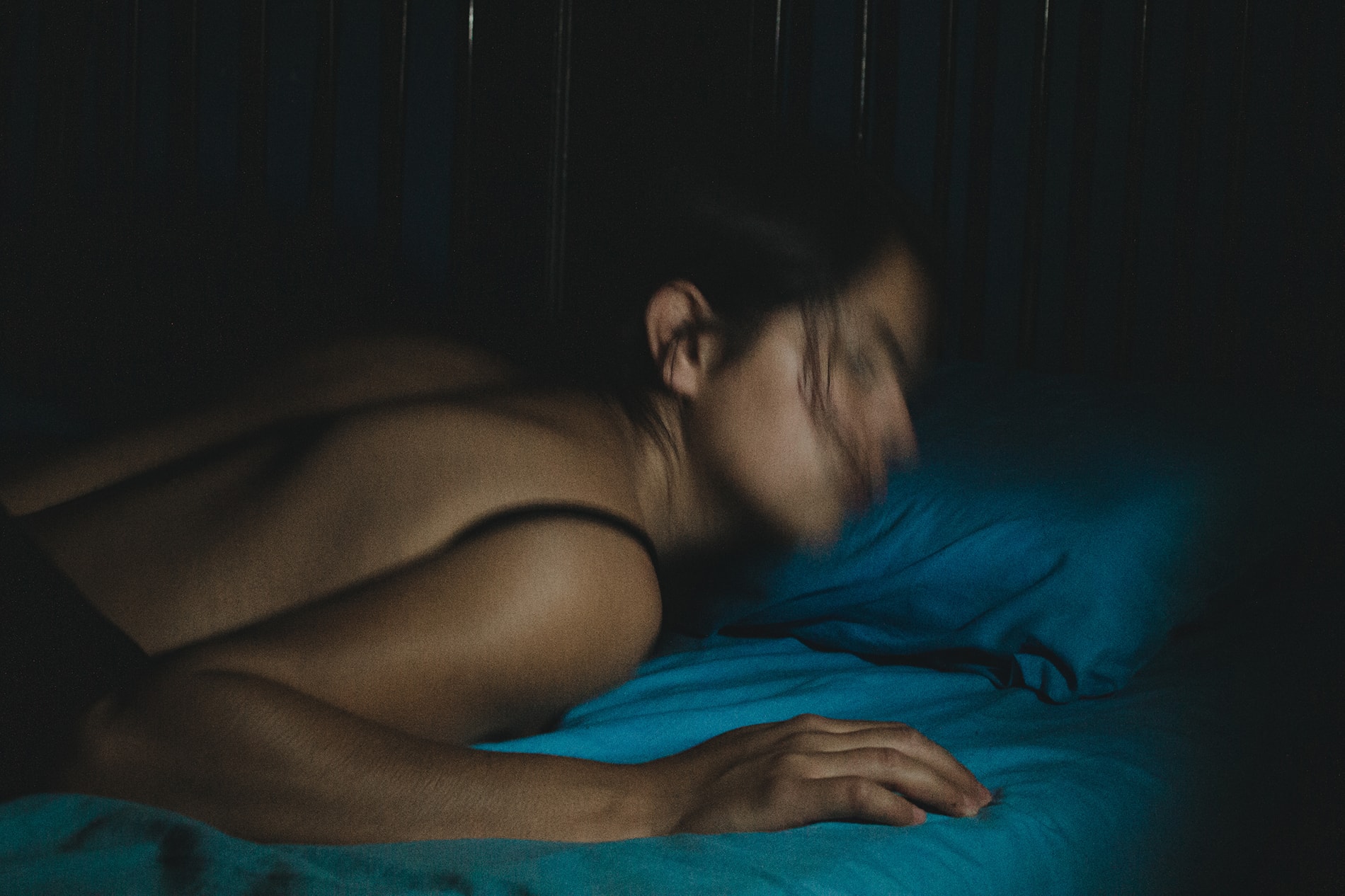
What are you working on in the present?
Well, right now I am very excited because I am in a group called Ayün Fotografas, we met in this pandemic. I am very happy because I am discovering that I like to tell stories of resistance or positivity. They have inspired me a lot because they all do this type of projects. I am discovering that the other side that is working on stories that are also very interesting and important, it is serving me a little as an emotional rest.
Now we are in a maternal health project in Latin America and I have the chapter on postpartum depression. I am with this project, which although it is also something strong, something hard, I feel that I already have another perspective on these stories as well. I have met very powerful, very strong women who think about solutions to these problems, so I feel that I am in another perspective.
